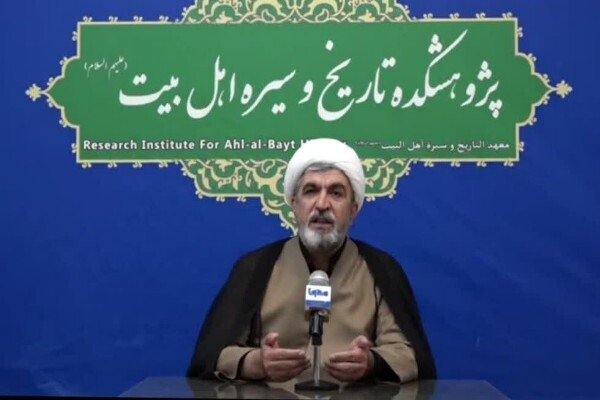Imam Hussein’s Life and Legacy ‘Not All About’ Ashura Uprising: Researcher

Hamidreza Motahari, head of the research center for history and biography of Ahl al-Bayt (AS) told IQNA in an exclusive interview that the Ashura uprising represents the culmination of Imam Hussein’s (AS) lifetime.
“Unfortunately, religious or artistic communities and other groups of people normally reduce Imam Hussein’s lifetime to [what happened on] Ashura and overlook his life and other deeds prior to this incident,” Motahari explained.
He said weeping for Imam Hussein (AS) and observing Ashura through mourning gatherings is not enough, but contemplating what were the objectives of this move “is a must.”
“What the enemy wants from us is not to fully comprehend the intentions behind this uprising and diminish its importance,” he warned.
Mourning and shedding tear for Imam Hussein (AS) has its merits, but it must be accompanied with explaining his true purposes, he added.
Read More:
According to Motahari, Ashura uprising was a one of the “most important events” in the history of mankind.
The battle of Karabala is very well-researched and the books written about it and in contemporary times, movies and plays portraying this event, can all play a key role in reinforcing its concepts in the society, he added.
Imam Hussein (AS) greatly valued human dignity and up until his martyrdom on Ashura he strived to guide people, Motahari highlighted.
“He cared about each and every human being and made persistent efforts to guide them all,” he said.
Another important point in Ashura uprising for Imam Hussein was to revive the life and legacy of the Prophet (PBUH) which had been forgotten for some years at the time, he concluded.
4227485
By Maryam Qarehgozlou



